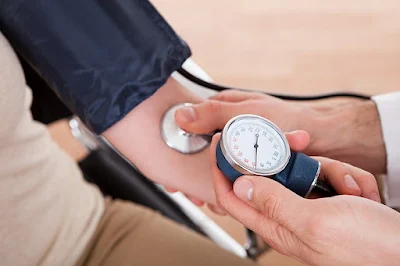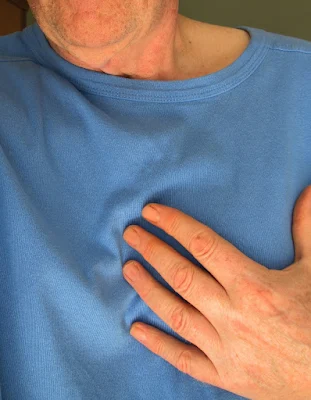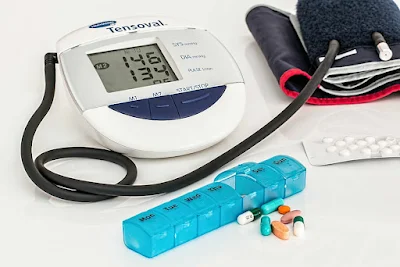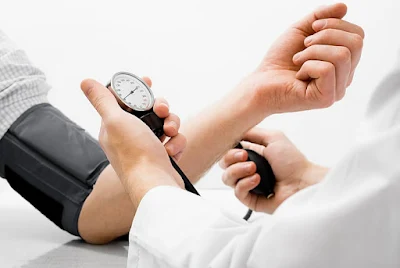Maintaining a healthy blood pressure is essential for overall heart health. High blood pressure, also known as hypertension, can increase the risk of heart disease and other serious health conditions. In this article, we will explore the link between blood pressure and heart health, as well as provide tips for effectively managing and controlling your blood pressure.
What is blood pressure and how is it measured?
Blood pressure is the force of blood against the walls of your arteries as your heart pumps it around your body. It is measured using two numbers: systolic pressure and diastolic pressure. The systolic pressure is the higher number and represents the pressure in your arteries when your heart beats. The diastolic pressure is the lower number and represents the pressure in your arteries when your heart is at rest between beats. Blood pressure is measured in millimeters of mercury (mmHg) and is typically written as systolic/diastolic, such as 120/80 mmHg.
The impact of high blood pressure on heart health.
High blood pressure, also known as hypertension, can have a significant impact on heart health. When blood pressure is consistently high, it puts extra strain on the arteries and the heart itself. Over time, this can lead to damage to the arteries, increasing the risk of heart disease, heart attack, and stroke. High blood pressure can also cause the heart to work harder to pump blood, leading to an enlarged heart and potential heart failure. Managing and controlling blood pressure through lifestyle changes and medication is crucial for maintaining a healthy heart. Regular monitoring and working with healthcare professionals can help prevent and manage the negative effects of high blood pressure on heart health.
Lifestyle changes to lower blood pressure and improve heart health.
Making certain lifestyle changes can help lower blood pressure and improve heart health. One of the most important changes is adopting a healthy diet that is low in sodium and high in fruits, vegetables, whole grains, and lean proteins. Regular physical activity is also crucial, as it helps to strengthen the heart and improve blood flow. Quitting smoking and limiting alcohol consumption are other important steps to take. Additionally, managing stress through techniques such as meditation, deep breathing exercises, and regular relaxation can help lower blood pressure. It's important to consult with a healthcare professional to develop a personalized plan for managing blood pressure and improving heart health.
Medications and treatments for managing high blood pressure.
In addition to lifestyle changes, there are also medications and treatments available for managing high blood pressure. These can be prescribed by a healthcare professional and may include medications such as diuretics, beta-blockers, ACE inhibitors, and calcium channel blockers. These medications work in different ways to lower blood pressure and reduce the risk of heart disease. It's important to follow the prescribed dosage and instructions for these medications and to regularly monitor blood pressure levels. In some cases, additional treatments such as angioplasty or bypass surgery may be necessary to manage high blood pressure and improve heart health. It's important to work closely with a healthcare professional to determine the best course of treatment for your individual needs.
Regular monitoring and check-ups for maintaining heart health.
Regular monitoring and check-ups are essential for maintaining heart health, especially when it comes to managing blood pressure. It is recommended to have regular blood pressure checks to ensure that it is within a healthy range. This can be done at home using a blood pressure monitor or by visiting a healthcare professional. Regular check-ups also allow healthcare professionals to assess any changes in blood pressure and make necessary adjustments to medication or treatment plans. Additionally, these check-ups provide an opportunity to discuss any concerns or symptoms related to heart health and receive guidance on lifestyle changes that can further support heart health. Remember, prevention and early detection are key in maintaining a healthy heart.





Comments
Post a Comment